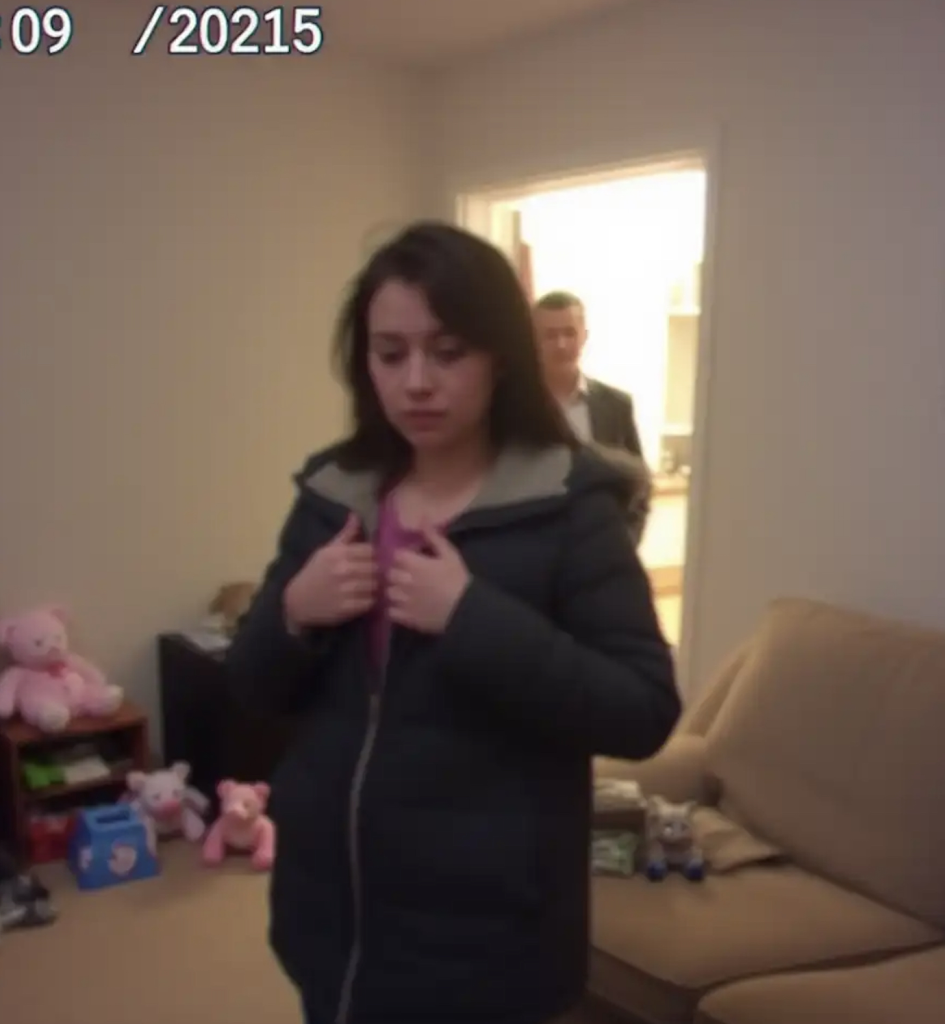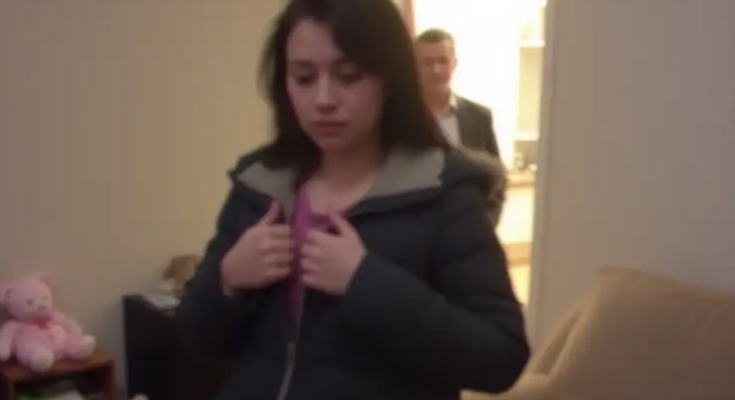
The decision to hire a nanny had originally come from a place of necessity and optimism. With both parents working demanding jobs, finding someone to help manage the household and care for the children seemed like a logical step. Emily had come highly recommended — her references were impeccable, her demeanor warm yet professional. She was everything they thought they needed. The transition was smooth, and at first, everything seemed perfect.
Emily quickly became a fixture in the household. The children spoke about her with excitement, detailing their days filled with stories, playtime, and fun. She was punctual, always arriving with a cheerful smile and a readiness to engage with the family. Initially, the arrangement seemed like a dream come true. But as weeks turned into months, subtle changes began to surface.
The children, usually so enamored with their nanny, started dropping hints that painted a different picture. Their whispers during family dinners were tinged with confusion and a touch of sadness. “She doesn’t really play with us anymore…” they’d say, their eyes reflecting the confusion of young minds trying to make sense of a shift they couldn’t fully understand. The mother listened but dismissed these comments, attributing them to normal childhood exaggerations. After all, Emily had always been great; why should she doubt her now?
However, the whispers persisted, growing louder and more frequent. “She’s always with Dad,” one of the children mentioned offhandedly one evening. The mother laughed it off initially, but a seed of doubt had been planted. Was there something more to these comments? Were they simply the musings of naive children, or had they unknowingly stumbled upon a truth that she had been too blind to see?
Determined to quell her growing unease, the mother decided to install a hidden camera in the living room — a discreet, silent observer that would offer her the peace of mind she sought. Days passed, and she almost forgot about the camera, until one evening when a sense of urgency propelled her to review the footage.
As the video played, her heart raced. The children were right — Emily spent most of her time at the house not with them, but with her husband. She watched as Emily arrived, taking off her jacket and placing it neatly on the sofa. Her movements were calm, practiced. Just moments later, her husband entered the frame. The exchange between them seemed innocent at first, but their smiles were unmistakably intimate. They lingered too long in each other’s presence, their body language speaking volumes.
And then came the moment that confirmed what she had feared. Their eyes met, not with the professionalism of acquaintances in a shared workspace, but with the familiarity of something far more personal. The scene unfolded in a way that left the mother with trembling hands, her finger hesitating over the pause button.
She paused the video, her breath caught in her throat. The reality of the situation crashed over her, each wave bringing with it a fresh tide of betrayal and heartache. The woman who had been entrusted with the care of her children, who had seamlessly integrated into their lives, had overstepped boundaries that should have remained inviolable.
Now, she was left with a decision to make. The family she had worked so hard to build and protect faced a breach of trust that could shatter its foundation. Confrontation was inevitable, but it was the delicate handling of the situation that weighed heavily on her mind. As she sat in the dim light of the living room, the footage paused on the screen, she wondered how this revelation would change the course of everything she held dear.


